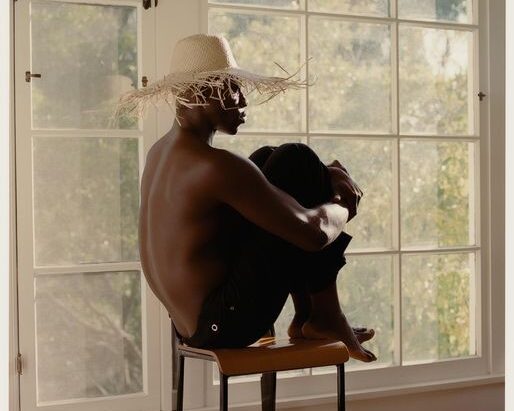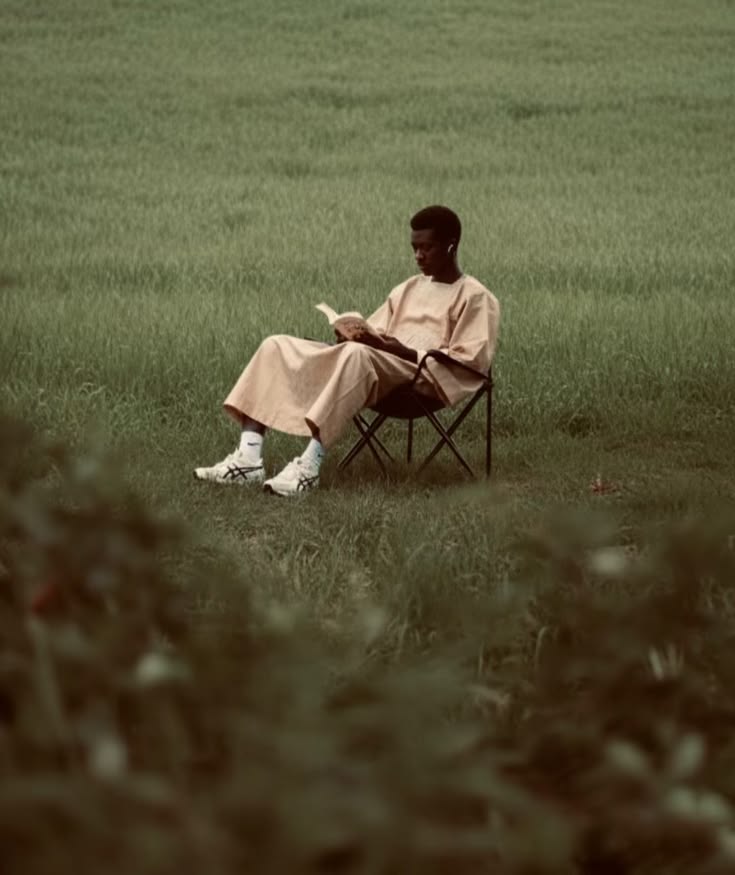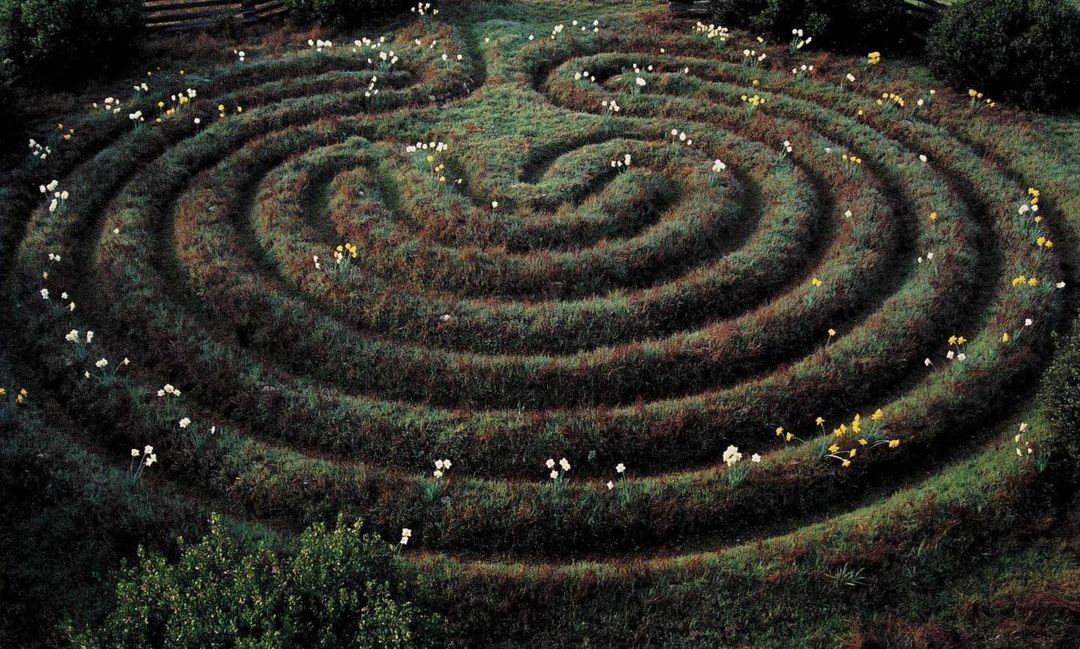Flip through the pages of popular travel publications, such as National Geographic, and you may find a faint echo of media’s historical legacy that portrays non-Western cultures through a colonial, white, and narrow lens. This perspective isn’t limited to media—the tourist industry’s deep roots in colonial practices have bled into modern-day tourism. They are perpetuated by Western travelers, often unknowingly influenced by infectious “first-world” programming lodged deep in their psyche. As these colonial aftereffects continue to shape tourism practices and perceptions, they come at the expense of local communities and economies. Consequently, the traveler unwittingly becomes a tool that satiates the needs of a greater hierarchical exchange.
So how do we subvert the structure, scaling laterally in a way that considers all bodies and restores some semblance of balance? What would it look like if tourism catered to the desires of the land and not the individual? How then would a traveler be forced to navigate? How can we move more consciously as we voyage to new destinations? I don’t aim to position myself as someone who has the answers. In fact, I believe there’s immense value in settling into the spaciousness of the unknown. However, I hope that by examining these concepts, we can arrive at alternative paths and potential solutions as we journey to become better comrades to all that we’re in relation with, while navigating this emerging new world.
As a Black American “expat” who has traveled through and lived the past four years in trendy tourist hot-spots in Mexico and Morocco, I’m fascinated by words and titles that shape our travel experiences. In the travel context, “traveler” describes those who journey for extended periods, immersing themselves in different cultures and environments, seeking authentic experiences, and adapting to local customs. “Tourist,” conversely, often refers to those on shorter stays, prioritizing pleasure, comfort, and familiarity over cultural immersion. Yet, despite these distinctions, I can’t help but notice subtle overlaps between the two. Even those intending to immerse themselves culturally may unknowingly be influenced by their Westernized perspectives—what one might call the mental vestiges of colonization.
There are many ways to conceptualize colonialism and decolonialism. One of my favorite perspectives comes from philosopher, poet, and author Bayo Akomolafe. He describes colonialism as a transaction between bodies for instrumental ends, where certain collectives deploy these bodies in a hierarchy to achieve goals that strip away the livelihood, experiences, aspirations, and desires of those who are used.
In contrast, Akomolafe views a decolonial framework as one where bodies are not fully taken. He understands it as an encounter that “breaks the taker,” preventing the complete achievement of colonial aims. This perspective offers a nuanced understanding of the complex dynamics at play in colonial and decolonial processes (Akomolafe, n.d.).
The road to hell is paved with good intentions. While the desire for cultural immersion may be present, it doesn’t negate the obvious power dynamic between Western and non-Western travelers. This dynamic is further reinforced by the marketing arm of government and private enterprises to seduce tourists to specific destinations. This extractive nature commodifies once-living cultural traditions and authentic displays to meet the needs of certain privileged bodies. This can easily distort the local environment, potentially trapping native people in what Hollinshead (1992: 44) describes as “a sort of tourized confinement in the suffocating straitjacket of enslaving external conceptions. They are caught in the objectifying slant of ‘Whites,’ ‘Westerners,’ ‘Wanderers-from-afar’ in an anonymous but continuous process of subjugation.”
To be clear, international travel and living abroad are particularly valuable experiences for Black Americans. However, it’s concerning when Black expat communities form without establishing connections to their host country. It’s a red flag when conversations revolve solely around cost of living and the purchasing power of the US dollar. Such language is intrusive and harmful, disregarding the livelihood and pre-existing ecosystem of the host country. While Black Americans absolutely deserve their own “eat-pray-love” story, it shouldn’t come at the expense of local communities and what one can gain—especially given the often pre existing power dynamic that favors the expats.
What if we approached traveling as visitors, rather than “tourists” or even “travelers”? A visitor has an informal invitation, not quite a guest yet. They have a more formal relationship with their environment, navigating it with humility and potentially paving the way to become an invited guest. Though subtle, I believe this psychological reframe has the potential to unravel the colonial knots we’re woven into in hopes of repairing geographical, spatial, economic, and cultural harm and exploitation.
Through this shift, one can truly appreciate and revere where they get to plant their feet. Ultimately, such a reframe decenters the manufactured power dynamic that an individual of a certain tax bracket or passport color possesses. A visitor is the encounter that, in Akomolafe’s words “breaks the taker.” They tread lightly, submitting to the lay of the land. A visitor asks for permission, follows house rules, and takes their shoes off at the front door. They don’t assume they’re welcome simply because they paid to be there.
It is within this passiveness that I’ve personally experienced portals open, and I have merged with codes otherwise not seen. In this space of stillness that these codes have granted me access in spaces as a guest. A guest is invited, approved by the people and Spirits of the land. They bring sacred offerings, acknowledging that there are higher-dimensional forces at play that govern, protect, advise, and bless.
When you travel, you quickly become aware of the privilege—or lack thereof—attached to your passport. As an American with a “blue passport,” international travel is relatively easy, with most countries offering visa-free entry or visas on arrival. In stark contrast, many African passport holders—Moroccan citizens, for example—face significant hurdles. They must “jump through hoops of fire” to be considered worthy of travel. This political stranglehold requires proof of property ownership, substantial bank balances, long-term employment verification from reputable companies, and extensive paperwork. Meanwhile, their Spanish and French neighbors freely enter and exit Morocco, while Moroccans struggle to access European countries. Echoing their colonizing ancestors, many Western travelers continue to occupy space without consideration.
During my time living in Imsouane, Aftas Morocco—a quaint fishing village turned international surf hotspot boasting Africa’s longest wave—I’ve observed Western travelers exhibiting an air of arrogance and entitlement, often disregarding the ecosystem they’re disrupting. This manifests in various ways: van-lifers illegally parking their vehicles and obstructing sea views; foreign surfers positioning themselves as experts on the meter-high waves, offering lessons to other travelers and thus competing with locals who rely on teaching as their primary income source. The phenomenon extends to digital platforms like Airbnb, where non-Moroccan hosts dominate listings. One day, amidst the organized chaos of a small market, I had to intervene as I witnessed a foreign traveler berating a cashier, spewing vitriol for being “skipped” in a nonexistent line. Had he come to the village as a visitor, he’d have been privy to the codes of getting in where you fit in, rather than expecting formal queues.
These examples highlight a disconnect that isn’t exclusive to any particular identity. The colonizer has many faces, and the stamp of colonial and imperial endeavors has affected how many of us engage with travel. Moving as a visitor rather than a tourist might be the reframe needed to restore balance to the widespread disregard for the land, people’s culture, and politics that often occurs when seeking pleasurable leisure in foreign lands. I view this as a way to decenter the individual desire and shift to a collective experience.
I recognize that immersing oneself in a new environment requires time and resources—luxuries many people don’t have for vacations lasting more than a few weeks. Nevertheless, we can still choose to engage differently, acknowledging our colonized perspectives. By slowing down and consciously recognizing our interconnectedness with both the natural environment and other human beings, we can leave a more positive impact. When we travel, we’re not just affecting the people; we’re treading on lands that feel our presence just as deeply as its inhabitants do.
Sources:
Akomolafe, B. (n.d.). The way is awkward, not forward (Episode 560) [Audio podcast episode]. In The Embodiment Podcast. Spotify.
Hollinshead, K. (1992). ‘White’ gaze, ‘red’ people — Shadow visions: The disidentification of ‘Indians’ in cultural tourism. Leisure Studies, 11(1), 43-64.




